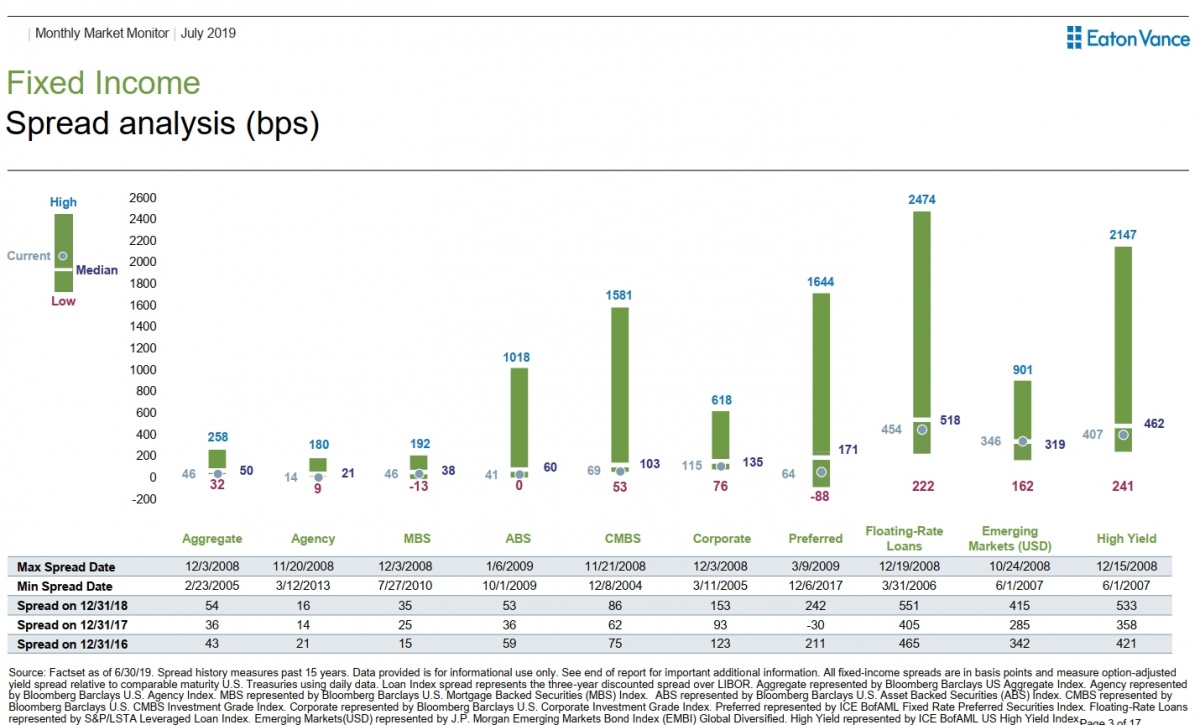I'm a DIY investor. I've spent about the last 15 years buying individual bonds, both corporate and muni. It's a lot of work, in research whenever new money needs to be invested, and tax prep. Lately, I've been transitioning to ETFs to cut down on the work load. IMO, you really don't get a lot more bang for your buck in buying individual bonds. Many ETFs are available commission free. Individual bonds are a bit riskier, too, although I've just recently been notified that one of our corporate issuers has declared bankruptcy. First time in 15 years. I guess I haven't done too badly then.
I know you said you prefer managed funds, and not ETFs. Any particular reason why? Nothing wrong with DODIX. It's one of the better bond options in my husband's HSA. It's current Distribution yield is 3.06%. For comparison, here are some ETFs that I'm using, with their current yields:
IGLB - iShares Long-Term Corporate Bond - 3.97% SEC - 4.06% Dist.
SPLB - SPDR Portfolio Long Term Corporate Bond - 3.96% SEC - 4.01% Dist.
FALN - iShares Fallen Angels USD Bond - 5.53% SEC - 5.62% Dist.
USHY - iShares Broad USD High Yield Corporate Bond - 5.85% SEC - 6.09% Dist.
IHYV - Invesco Corporate Income Value - 6.45% Dist.
SRLN - SPDR Blackstone / GSO Senior Loan - 5.70% SEC - 5.38% Dist.
PFF - iShares Preferred and Income Securities - 5.62% Dist.
PSK - SPDR Wells Fargo Preferred Stock ETF - 4.81% SEC - 5.84% Dist.
SPYD - SPDR Portfolio S&P 500 High Dividend ETF - 4.66% SEC - 4.47% Dist.
XSHD - Invesco S&P SmallCap High Dividend Low Volatility - 4.91% Dist.
IGLB and SPLB are long term investment grade corporate bond ETFs. You'll generate more income with long term than shorter term. I only say this because of your phrasing of "potential maximum income". DODIX is more intermediate, which is why it won't generate as much income as long term. A good selection for a general corporate bond ETF with a good distribution among short term, intermediate, and long term, might be SPXB - ProShares S&P 500® Bond ETF - 3.63% Dist.
Going down my list, the next 3 ETFs are below investment grade, which you may or may not be comfortable with, but you can see they generate more income. Each has a slightly different focus, maturity distribution, rating distribution. Overall, it's important to see what's under the hood. Some "junk"/high yield bond ETF/funds really do speculate with high weightings in below B level tranches, which I wouldn't be comfortable with at all.
SRLN is secured bank loan investments. PFF and PSK are preferred stock funds. The last 2 are higher yielding stock funds with some REIT and utilities exposures boosting the yields.
Of all the tickers mentioned above, only DODIX and SRLN are actively managed. The most conservative bond ETFs on the list, IMO, IGLB and SPLB, beat DODIX in generating income, not only currently, but since 2010, per Portfolio Visualizer. SPXB is only a little over a year old, but it's yield has been higher than DODIX since inception last year.
Just some food for thought. Or maybe a buffet.


